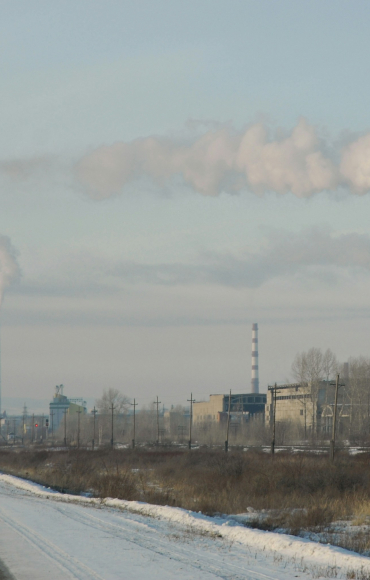
The Poison of Prishtina That Makes Every Breath a Struggle
The Poison of Prishtina That Makes Every Breath a Struggle A winter morning in Prishtina often begins under a heavy, grey sky, where the air feels thick and each breath reminds you of the...
To emphasize mutual cooperation, Balkan Green Foundation and partner organization Germanwatch organized a workshop, bringing together various stakeholders to discuss Energy Transition in Kosovo, with a particular focus on Security of Supply.
Today's workshop gathered representatives from the Ministry of Economy and Environment, Kosovo Agency for Environmental Protection, Energy Efficiency Agency, Energy Regulatory Office, Kosovo Assembly, KOSTT, Association for Renewable Energy, German Embassy in Pristina, Agora Energiewende, KfW Office, and civil society, who discussed the importance of coordination between institutions in the field of energy and contributed to shaping the practical framework of recommendations for accelerating the energy transition in Kosovo. The challenges of climate change and sustainable energy supply can only be successfully addressed with the cooperation of actors from all sectors.
The Executive Director of Balkan Green Foundation, Visar Azemi, stressed that defining the challenges and interaction of the relevant parties for an Energy Transition and Security of Supply in Kosovo, as well as defining the essential aspects for cooperation for an Energy Transition in Kosovo is important. "Balkan Green Foundation and the partner organization Germanwatch managed to present the best practices applied in Germany in the field of energy. The ongoing project serves as a bridge for various actors in defining the path to a fair energy transition in Kosovo. Therefore, the energy transition process must be seen from a broader perspective and regional cooperation, and its role in the energy transition must be strengthened and turned into continuous practice." said Azemi.
Among others, part of the workshop were Jan-Axel Voss, Deputy Ambassador of the Federal Republic of Germany in Kosovo and René Eschemann, Director of the KfW Office for Kosovo who noted the importance of Germany-Kosovo cooperation and reflected on the progress that has been done so far in the field of energy in Kosovo. They also stressed the importance and potential for the adoption of renewable energy and energy efficiency in the energy market in Kosovo. Christian Redl from Agora Energiewende, Europe's leading research institute on energy transition, presented on Security of Supply in an Energy Transition, highlighting the challenges and options. He stressed that "Regional cooperation is one of the main elements for increasing security of supply at a lower cost, ensures the adequacy of the electrical system and allows the development of more efficient infrastructure."
It is worth mentioning that the recommendations drafted by the working group have been considered by the National Energy and Climate Plan (NECP) and will be addressed to the Government of Kosovo to be the basis for strategic and policy documents. This has shown that a partnership between relevant actors brings fruitful results.
During the discussions, it was agreed that the consensus action agenda arising from these processes will receive support from a wide range of actors. This will lead to meaningful policy and programmatic changes to address important issues related to our energy sector and contribute to paving the way for a sustainable energy transition.
The "Multi-ActorPartnership (MAP)" project is funded by the German Federal Ministry for Economic Cooperation and Development. The aim of the project is to promote a local partnership between relevant actors for a sustainable energy transition.